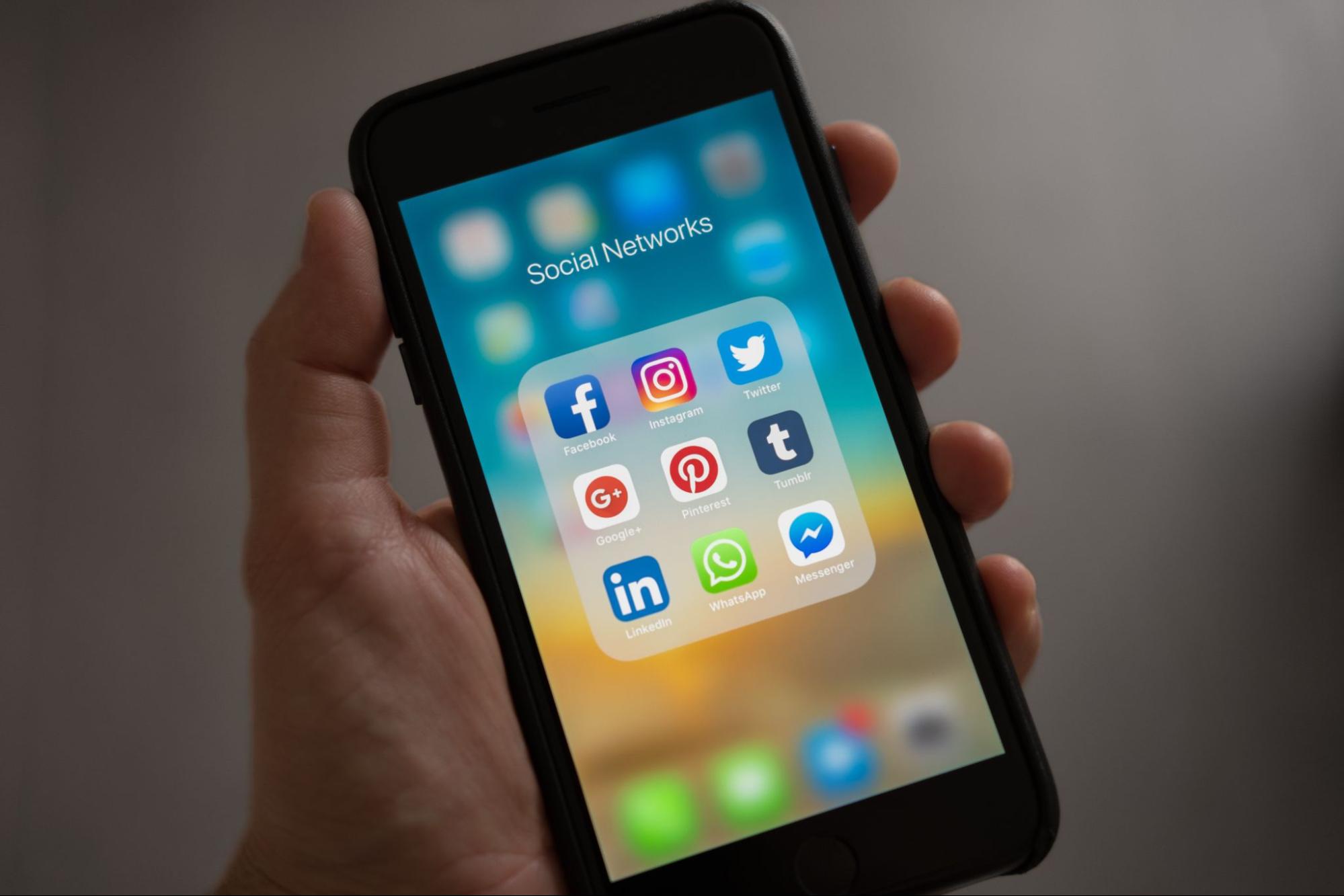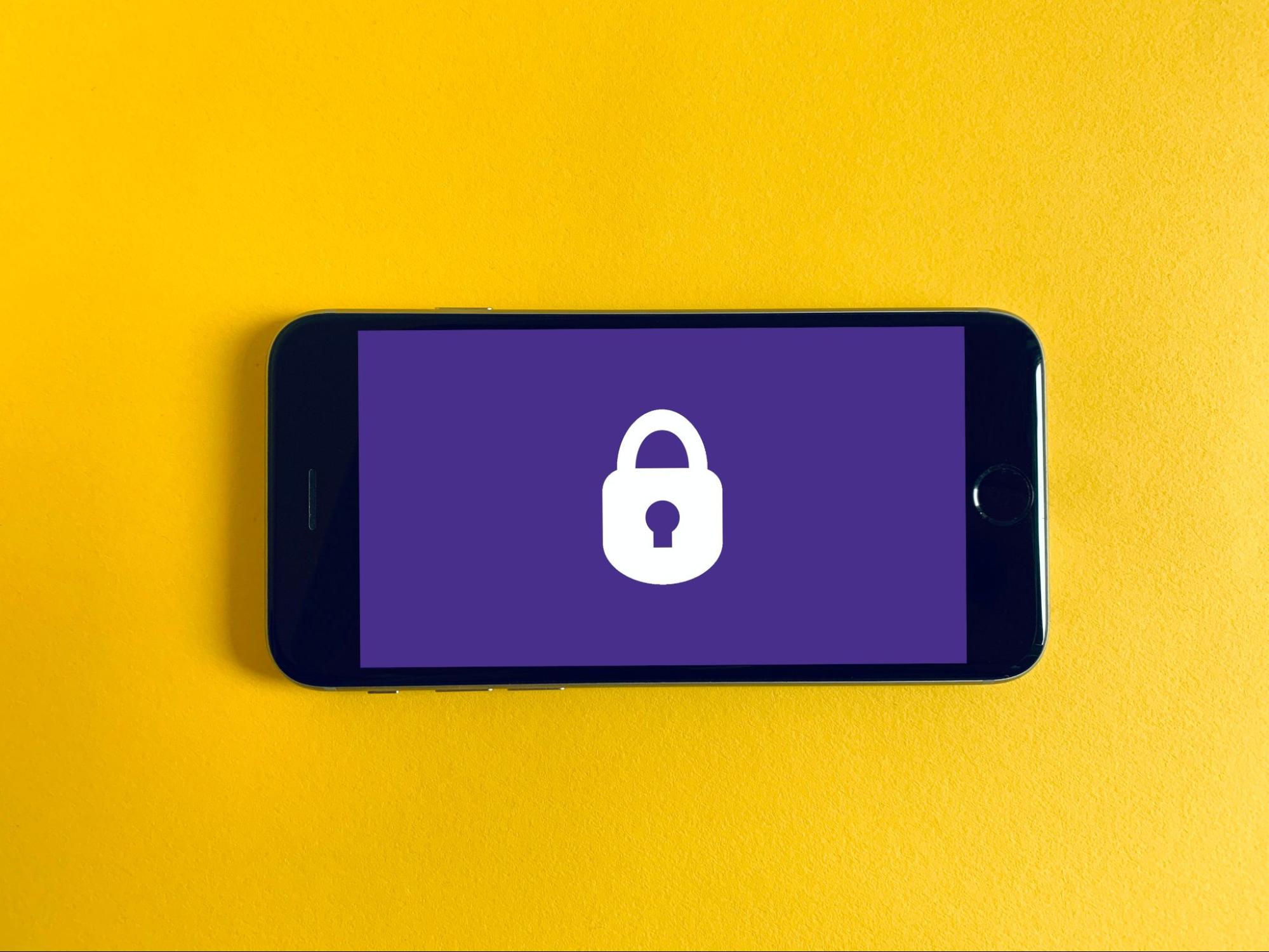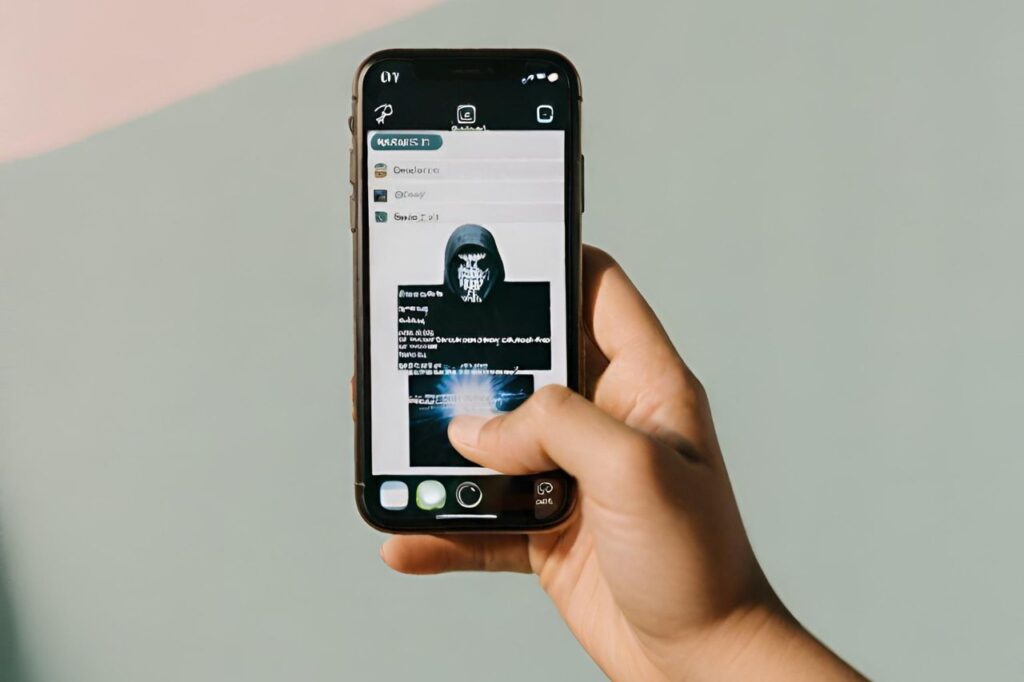With the rise of malware threats, it is essential for iPhone users to understand how to detect and protect against iPhone malware. In this article, I will explore the different types of iPhone malware, their impact on your device, how to detect if your iPhone is infected, and the steps you can take to protect your device from malware.
Understanding iPhone Malware
When it comes to the security of our iPhones, it is crucial to be aware of the existence of iPhone malware. This malicious software is specifically designed to exploit vulnerabilities in the iOS operating system, compromising the security of our beloved devices. iPhone malware can come in various forms, such as viruses, adware, spyware, and ransomware, each posing a unique threat to our digital lives.
Scam Detectors Most Trusted Websites in Online Security
- Guard.io (100): Surf the web safely. Clean up your browser, remove maliscious extensions and check for privacy violations.
- Incogni.com (100): Delete your personal data from the internet and protect against scams and identity theft.
- ExpressVPN (100) Stay secure and anonymous online - Best VPN Out There
What is iPhone Malware?
iPhone malware refers to malicious software that is specifically created to target iPhones and exploit any weaknesses in the iOS operating system. You can find these vulnerabilities in various aspects of the system, including the web browser, messaging apps, or even the core operating system itself. Once infected with malware, it can lead to a wide range of negative consequences, such as data theft, unauthorized access to personal information, and even financial loss.

Common Types of iPhone Malware
It is essential to familiarize ourselves with the common types of iPhone malware to protect our devices and personal information better:
- Phishing Attacks: Phishing attacks are a prevalent type of iPhone malware that attempts to deceive users into divulging their personal information. These attacks often come in the form of fake emails, messages, or websites that mimic legitimate sources. Once a user enters their login credentials or credit card details, the attackers gain access to their sensitive information, which can lead to identity theft or financial loss.
- Keyloggers: Keyloggers are a particularly insidious form of iPhone malware. These malicious programs are designed to record every keystroke made on an infected device. By capturing sensitive information like passwords, credit card numbers, or other confidential data, keyloggers can provide attackers with a wealth of personal information, which can be used for nefarious purposes.
- Malicious Apps: Malicious apps are another significant threat to iPhone users. These apps often disguise themselves as legitimate applications, making it difficult for users to distinguish them from the real ones. Once installed, these apps can contain hidden malware that compromises the device's security, allowing attackers to gain unauthorized access to personal information or perform malicious activities.
- Drive-by-Downloads: Drive-by downloads are a stealthy method attackers use to infect iPhones with malware without the user's knowledge or consent. This type of malware is typically delivered through compromised websites or advertisements. When a user visits an infected website or clicks on a malicious ad, the malware is automatically downloaded onto their device, compromising its security.
There are various types of iPhone malware is crucial in staying vigilant and protecting our devices from potential threats. By being aware of the risks and taking proactive measures, such as keeping our iOS software up to date, avoiding suspicious links or downloads, and using reputable security apps, we can significantly reduce the chances of falling victim to iPhone malware.
The Impact of Malware on Your iPhone
Malware, short for malicious software, has become a growing concern in the digital age. With the increasing reliance on smartphones, it is no surprise that iPhones have become a target for cybercriminals. In this section, we will explore the various ways malware can impact your iPhone and its potential consequences on your device and personal privacy.
Performance Issues Due to Malware
One of the most noticeable effects of malware on your iPhone is the significant impact it can have on its performance. Malware can cause your device to slow down, making even the simplest tasks feel like a daunting challenge. Apps may start crashing frequently, disrupting your workflow and causing frustration. Moreover, malware can drain your battery life quickly, leaving you constantly searching for a charger or power outlet.
But the impact continues beyond these issues. Malware can also consume your cellular data or hijack your internet connection. This means that not only will you experience slower internet speeds, but you may also find unexpected charges on your monthly bill due to the excessive data usage caused by the malware.
Privacy Concerns Related to Malware
While the performance issues caused by malware are troublesome, the invasion of privacy is perhaps the more significant concern for iPhone users. Malicious actors can gain unauthorized access to your personal information, leaving you vulnerable to a range of potential threats.
Your contacts, messages, photos, and even your location can become compromised by malware, allowing cybercriminals access to sensitive information about your friends, family, and colleagues. They can read your private conversations, view your photos, and track your every move. The implications of this invasion of privacy are alarming.

With access to your personal information, cybercriminals can engage in identity theft, using your details to commit fraudulent activities or gain unauthorized access to your financial accounts. Additionally, they may resort to blackmail, threatening to expose your private conversations, or compromising photos unless you comply with their demands. The stolen information can also be sold on the dark web, further perpetuating the cybercrime cycle.
In summary, the impact of malware on your iPhone goes beyond mere performance issues. It poses a significant threat to your privacy and security. It is crucial to take proactive measures to protect your device, such as installing reputable antivirus software and regularly updating your operating system. By staying vigilant and informed, you can minimize the risks associated with malware and enjoy a safer digital experience.
Detecting iPhone Malware
With the increasing prevalence of malware attacks, it's essential to be vigilant about the security of your iPhone. Malware can cause a range of issues, from compromising your data to slowing down your device's performance. This section will explore the signs that your iPhone may be infected with malware and discuss some useful tools for detecting and removing it.
Signs Your iPhone May Be Infected
There are several signs that your iPhone may be infected with malware:
- Unexplained battery drain or overheating: If your iPhone's battery drains faster than usual or becomes unusually hot, it could be a sign of malware. Malicious software running in the background can put a strain on your device's resources, leading to increased power consumption and heat generation.
- Slow performance or frequent app crashes: Malware can significantly impact your iPhone's performance, causing apps to load longer or crash unexpectedly. If you experience a noticeable decrease in speed or stability, it's worth investigating the possibility of malware.
- Unexpected pop-up ads or redirects: Malware often injects unwanted advertisements into your browsing experience. If you start seeing an influx of pop-up ads or your web browser redirects you to unfamiliar websites, it's a red flag that your iPhone may be infected.
- Mysterious data usage or increased internet traffic: Malware can consume your data in the background by performing tasks without your knowledge. If you notice a sudden spike in data usage or your internet connection seems unusually slow, it could indicate the presence of malware.
- Unusual behavior, such as your iPhone freezing or restarting on its own: Malware can disrupt the normal functioning of your iPhone, causing it to freeze, crash, or even restart spontaneously. If you encounter these issues frequently, it's worth investigating whether malware is to blame.
Tools for Detecting Malware
If you suspect that your iPhone is infected with malware, there are several tools you can use to detect and remove it:
- Antivirus Apps: Install a reputable antivirus app from the App Store, such as Norton or McAfee, that can scan your iPhone for malware and provide real-time protection. These apps utilize advanced algorithms to detect and eliminate malicious software, keeping your device safe from potential threats.
- Security Checkers: Online security checkers, like the one provided by Apple, can scan your iPhone for known malware and vulnerabilities. These tools leverage extensive databases of known threats to identify suspicious files or configurations on your device.
- System Monitoring Apps: System monitoring apps, such as iStat or System Status, can help you identify any irregularities in your iPhone's performance or resource usage, which may indicate malware. These apps provide detailed insights into your device's CPU, memory, and network activity, allowing you to spot any unusual behavior that could be caused by malware.
By staying vigilant and utilizing these tools, you can protect your iPhone from malware and ensure a secure and smooth user experience.
Steps to Protect Your iPhone from Malware
Regular Software Updates
Keeping your iPhone's software up to date is crucial for protecting it against malware. Apple regularly releases software updates that include security patches to fix any vulnerabilities that may have been discovered.
Safe Browsing Practices
Practicing safe browsing habits can help reduce the risk of encountering malware. Avoid clicking on suspicious links, refrain from downloading apps from untrusted sources, and be cautious when sharing personal information online.
The Role of Antivirus Apps
Installing a reputable antivirus app on your iPhone can provide an extra layer of security against malware. Choose an app that offers real-time scanning, automatic updates, and positive reviews from trusted sources.
What to Do If Your iPhone is Infected
Removing Malware from Your iPhone
If you suspect that your iPhone is infected with malware, there are steps you can take to remove it:
- Uninstall Suspicious Apps: Remove any recently installed apps that you suspect may contain malware.
- Update and Scan: Update your antivirus app and fully scan your iPhone to identify and remove any malware.
- Reset Settings: If the malware persists, you may need to reset your iPhone to its factory settings. Remember to backup your data before doing this, as it will erase all content and settings on your device.
Restoring Your iPhone After a Malware Attack
After removing malware from your iPhone, it is essential to restore your device to its previous state:
- Change Passwords: Change any passwords that may have been compromised during the malware attack, such as email, banking, and social media accounts.
- Enable Two-Factor Authentication: Enable two-factor authentication on your accounts for an added layer of security.
- Monitor Your Accounts: Keep a close eye on your financial accounts, credit reports, and other sensitive information to detect any unauthorized activity.
With knowledge of the different types of iPhone malware, its impact on your device, how to detect it, and the steps to protect and recover from an infection, you can protect your iPhone and ensure your personal information remains secure. For added safety assurance, visit Scam Detector’s validator before finalizing your antivirus decision. If you suspect scammers or suspicious activity, make sure to report it to the Federal Trade Commission..
Verify a website below
Are you just about to make a purchase online? See if the website is legit with our validator:
vldtr®


TOP 4 MUST-WATCH FRAUD PREVENTION VIDEOS
1. Top 5 Amazon Scams in 2024 2. Top 5 PayPal Scams in 2024 3. How To Spot a Scam Email in 2024
- Latest Posts by Selma Hrynchuk
-
How To Stop Robocalls
- -
Taking Control of Your Data Privacy: Protecting Yourself in 2024
- -
The Urgency of Removing Personal Information from the Internet
- All Posts













